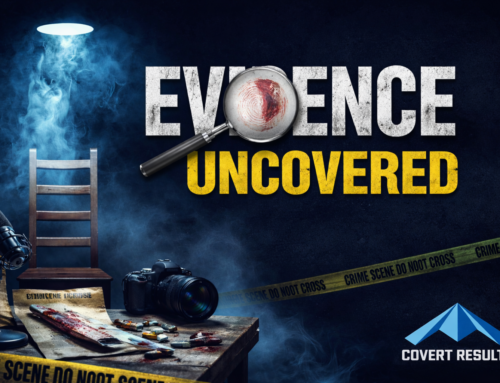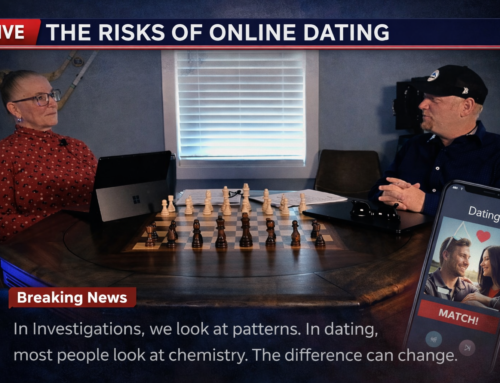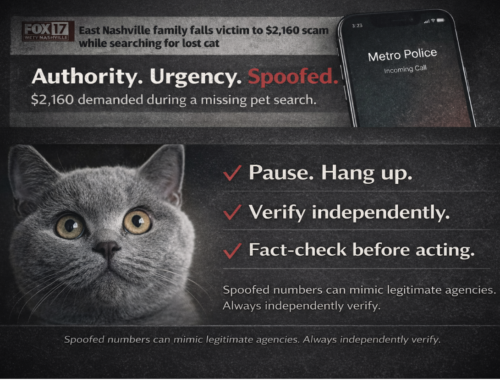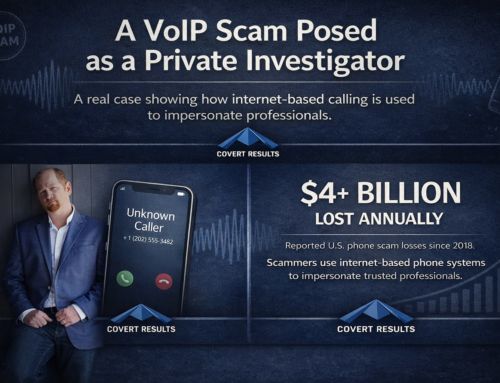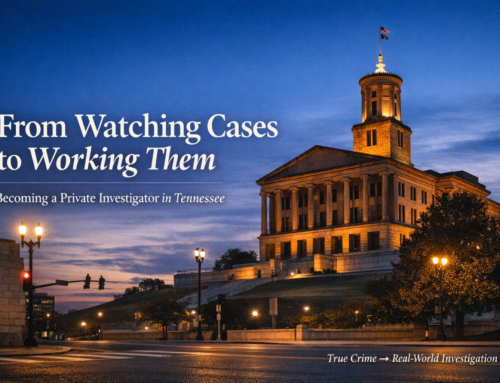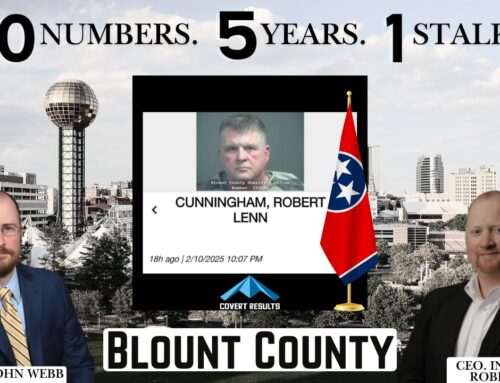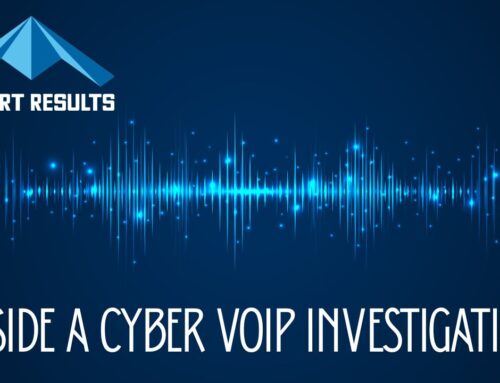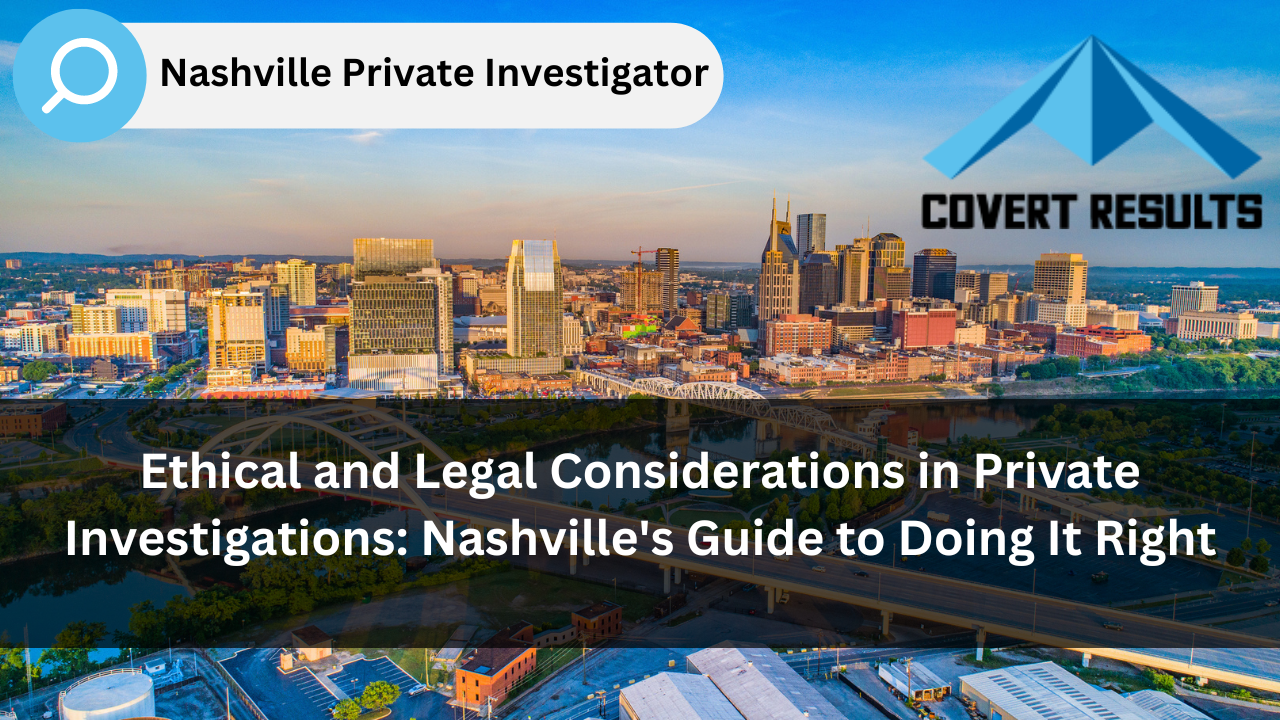
Stay Legal, Stay Ethical: Navigating the Ethical and Legal Maze of Private Investigations
Private investigations are all about uncovering the truth and settling disputes, but they come with some serious ethical and legal responsibilities. Navigating these with finesse is key to maintaining the profession’s integrity and ensuring evidence is court-worthy. This blog dives into the nitty-gritty of what private investigators need to keep in mind, from compliance to confidentiality and trust.
Covert Results is the premier private investigations, armed security, cyber security, and training company you’ve been searching for. Our team of highly skilled experts has amassed over 100 years of experience in all fields, from investigations to security concerns. Being a member and working within a global network called The Entrepreneurs Organization allows us to provide excellent service anywhere on Earth – truly bringing peace of mind through our world class services! Be sure to follow @CovertResults across Facebook, Instagram, and LinkedIn for the latest information regarding investigator expertise as well as lighthearted moments shared by our community! If you need us to guide you to that peace of mind you are looking for, call or text 615-861-1680 or email contact@covertresults.com.

